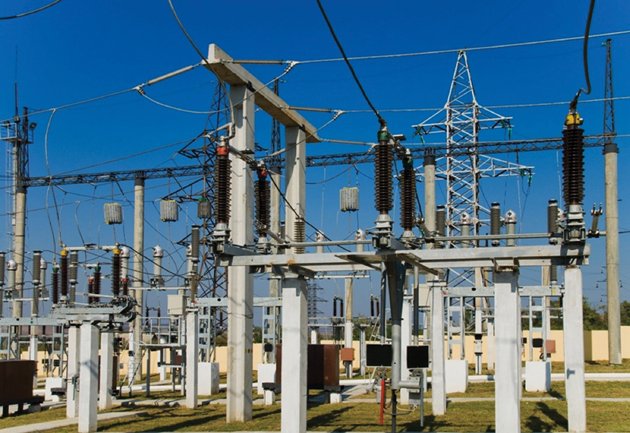FG commences free distribution of electricity meters
The Federal Government has commenced the distribution of about six million free pre-paid electricity meters to many unmetered electricity users across the country under the National Mass Metering Programme (NMMP). The scheme, which will cover the next 18 to 24 months, has been launched in Lagos, Abuja, Kano and Kaduna. The exercise is apparently a fulfillment of President Muhammadu Buhari’s promise that consumers will only pay tariff for actual electricity consumed. The exercise will expectedly gulp between N269.38 billion and N479.13 billion.
The President also explained that funds are being made available for the distribution of one million free meters in the first phase of the scheme. Not less than 6.5 million meters, which will be sourced locally, will be distributed to meet the national deficit. At the completion of the exercise, it is expected to impact about 30 million homes across the country.
We commend the government’s bold initiative to distribute electricity meters to so many unmetered consumers. Although the number of unmetered electricity users in the country is reportedly above six million, the exercise is worth the effort. However, the government and other stakeholders must ensure that the exercise is diligently implemented. No doubt, the exercise will ensure efficient distribution and use of power and equally bring to an end the contentious issue of estimated billings. It will also minimise wastage of energy. However, there must be conscious effort to ensure that it benefits consumers across the country. The distribution of the free meters should be effectively managed to reach every part of the country. For the initiative to succeed, it must be devoid of politics and other mundane considerations that vitiated such laudable programmes in the past.
We welcome government’s decision to source the meters locally. The use of local meters will enhance the capacity of indigenous manufacturers, boost local content and create more jobs. In addition, this will have a multiplier effect on the economy. We advise that this effort should be closely monitored so that the objective will be met.
Beyond the issue of metering, there is need to increase the nation’s power generation capacity to meet the needs of consumers. It is advisable that government should tap other sources of power generation, especially solar and wind to meet the energy needs of Nigerians.
Presently, most firms source their own electricity because of the epileptic nature of Nigerian electricity. If the new metering initiative succeeds, it will put an end to the estimated billing system, which has been a major source of friction between power providers and consumers.
Early in the year, Nigerian Electricity Regulatory Commission (NERC) directed the power distribution companies (Discos) to stop collection of tariff under the estimated billing system. NERC had earlier placed limits on estimated billing that could be issued by Discos to unmetered consumers. But the order was not enforced. And the Discos did not comply with the presidential order and that of the National Assembly to suspend the new “Service Reflective tariff,” which increased tariff to N66 per kwh from the previous N22 kwh.
We believe that the mass metering initiative will go a long way to reduce the challenges in the power supply value chain, and possibly eliminate the estimated billing system. Currently, electricity consumers experience a lot of problems, which include outrageous bills and unstable power supply.
The importance of power supply in economic growth of the country cannot be underestimated. Small and big businesses continue to suffer heavy losses because of unstable power supply. Sadly, Discos are yet to provide prepaid meters through the Meter Assets Programme (MAP).
Until that is done, it will be difficult for Discos to convince consumers to pay the present high tariff regime. In all, the national mass metering initiative will be a gamechanger in the power sector reform effort of the present administration. Therefore, let the Discos upgrade their facilities to ensure stable power supply to consumers.






